Israel election: US concern over 'divisive' rhetoric
- Published
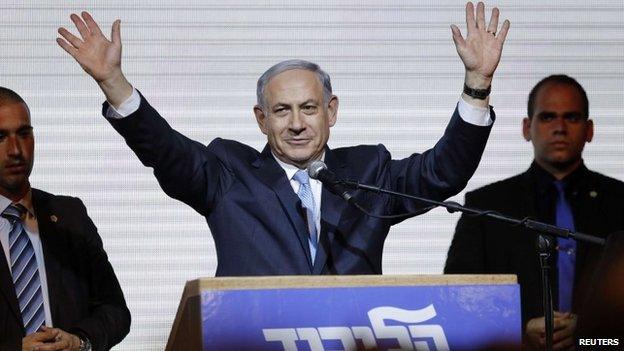
Polls had suggested Mr Netanyahu was trailing his main rival in the vote
The White House has condemned what it called "divisive rhetoric" in the Israeli election, won by Benjamin Netanyahu's Likud party.
The US, EU and UN have also urged him to continue with the two-state solution to the Palestinian issue.
During campaigning, Mr Netanyahu said he would not allow the creation of a Palestinian state if re-elected.
He aims to build a new coalition government within two to three weeks, his party says.
Mitchell: 'Difficult period ahead' for US on two state solution in Middle East
White House spokesman Josh Earnest said: "It has been the policy of the United States for more than 20 years that a two-state solution is the goal of resolving the conflict between the Israelis and Palestinians."
The US would "re-evaluate our approach" in the wake of Mr Netanyahu's comments ruling out a Palestinian state, he said.
On a warning from Mr Netanyahu that his opponents were bussing Arab-Israeli voters to polling stations, he said: "Rhetoric that seeks to marginalise one segment of their population is deeply concerning and it is divisive, and I can tell you that these are views the administration intends to communicate directly to the Israelis."
Mr Earnest added that President Barack Obama was yet to congratulate Mr Netanyahu on his win but would do so in the coming days once he had been directed to form a government, as in previous elections.
UN spokeswoman Farhan Haq called on the new Israeli government to negotiate a peace that would create "a viable Palestinian state".
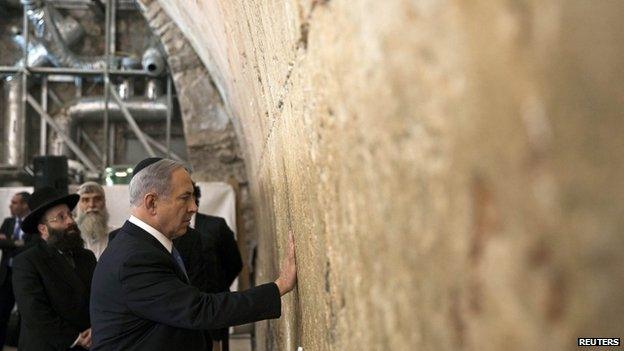
Mr Netanyahu said prayers at the Western Wall, one of Judaism's holiest sites, the day after his win
The EU foreign affairs chief, Federica Mogherini, congratulated Mr Netanyahu on his win and called for the re-launch of the Israel-Palestinian peace process.
Talks have been on hold since the last round collapsed a year ago.
Palestinian critics
The Palestinian President, Mahmoud Abbas, said he would work with any Israeli government that accepts the two-state solution, without which, he said, peace negotiations stood "no chance".
Sami Abu Zuhri, a spokesman for Hamas, which controls the Gaza Strip, said it was irrelevant who won the Israeli elections.
"We don't differentiate between Israeli parties because they are bound to deny our people's rights and continue the aggression on us," he said.
With almost all the votes counted, the latest tally gives Mr Netanyahu's Likud party 30 seats in the 120-seat parliament, the Knesset, with Zionist Union on 24 seats.
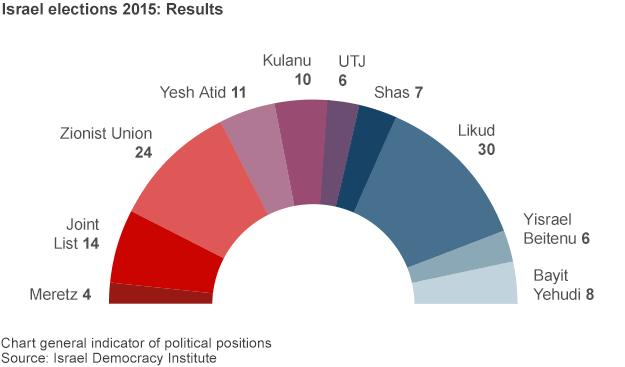
Mr Netanyahu has not yet been asked to form a government, but the win makes him most likely to be given the first opportunity by Israeli President Reuven Rivlin.
The win comes as a surprise, as Likud trailed the Zionist Union in the latter stages of the campaign.
Likud said Mr Netanyahu had already spoken to parties he saw as possible coalition partners, including right-wing and ultra-Orthodox parties and the centrist Kulanu, which won 10 seats.
Kulanu's support is likely to be essential, with its leader Moshe Kahlon offered the post of finance minister by Mr Netanyahu ahead of the vote.
- Published18 March 2015
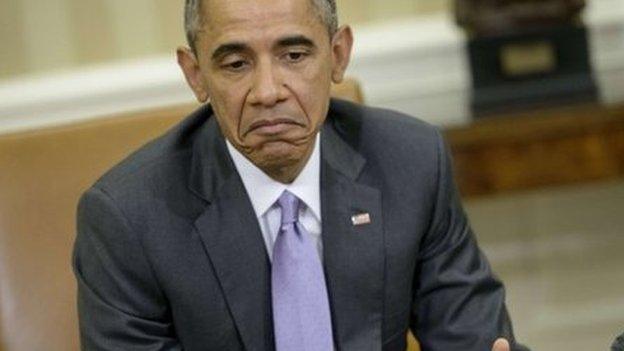
- Published18 March 2015

- Published17 March 2015
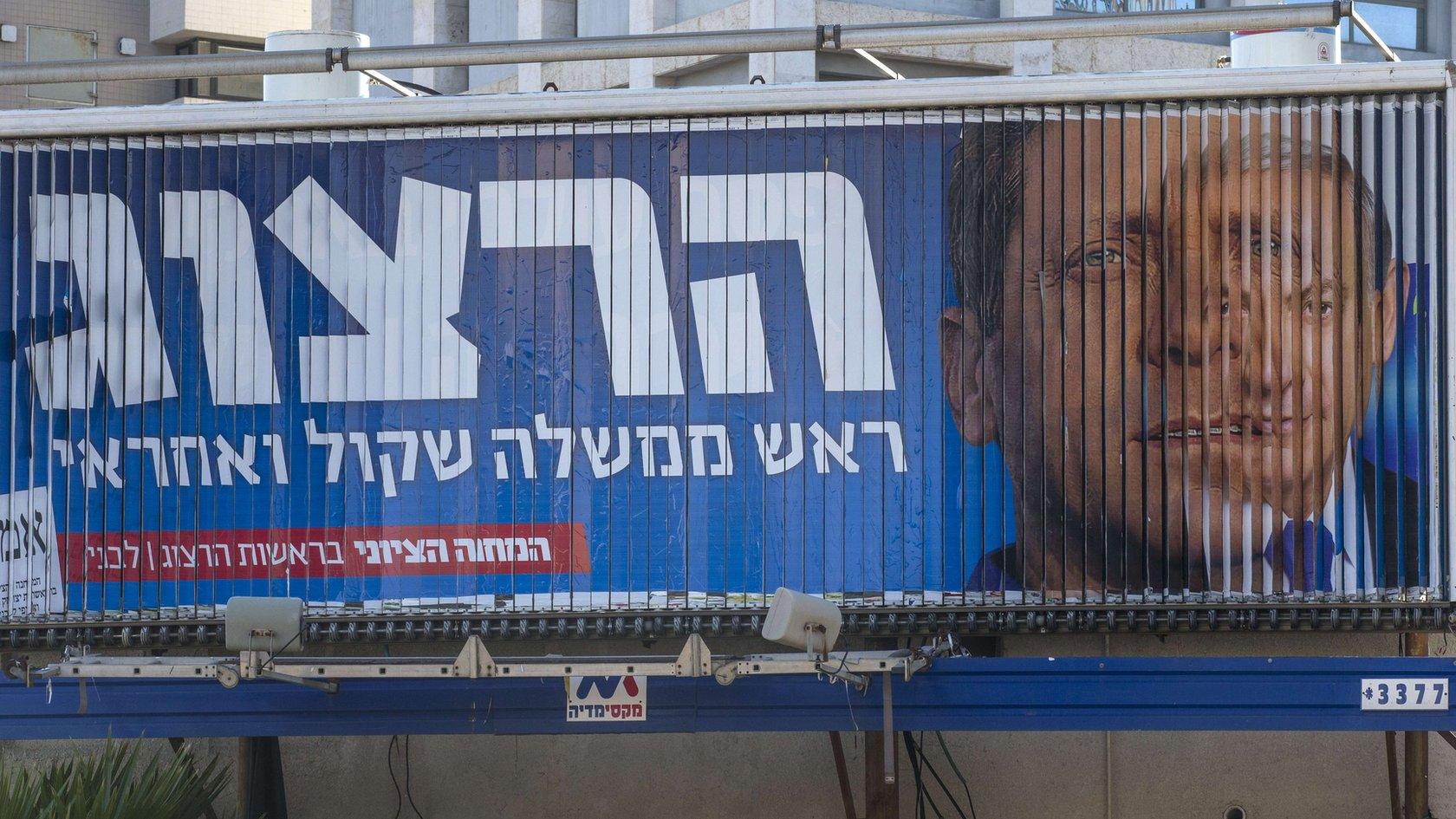
- Published18 March 2015
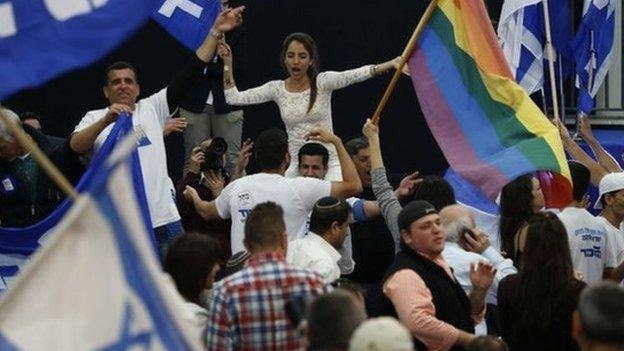
- Published17 March 2015
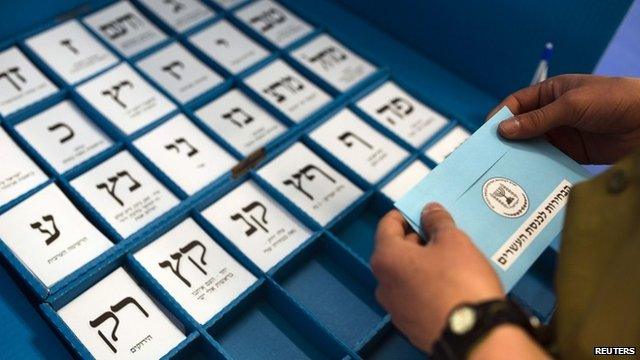
- Published16 March 2015
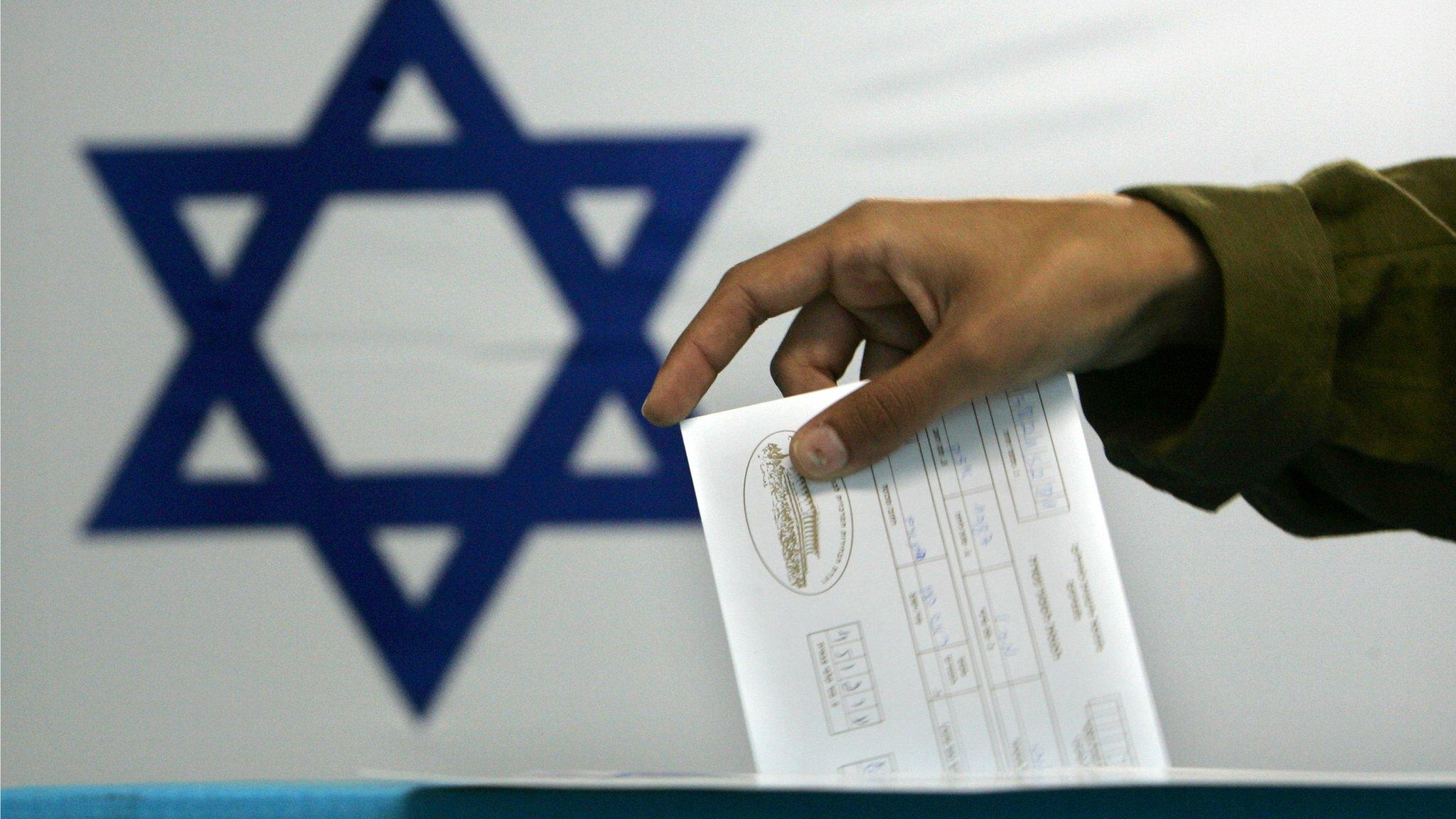
- Published14 March 2015
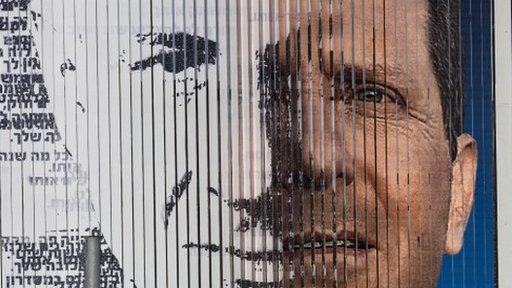
- Published13 March 2015
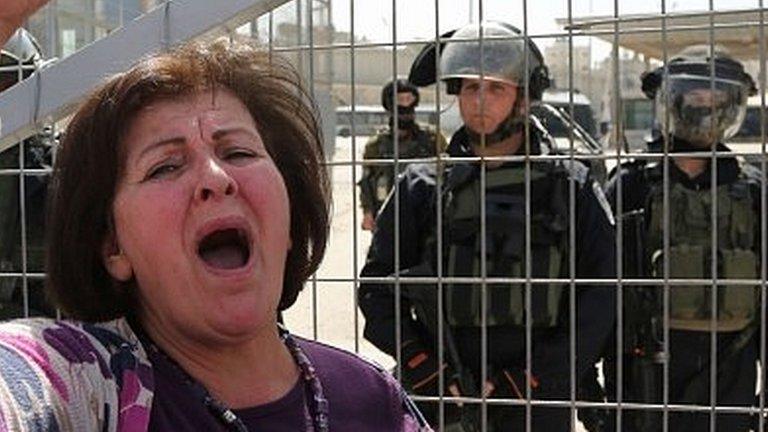
- Published12 March 2015
